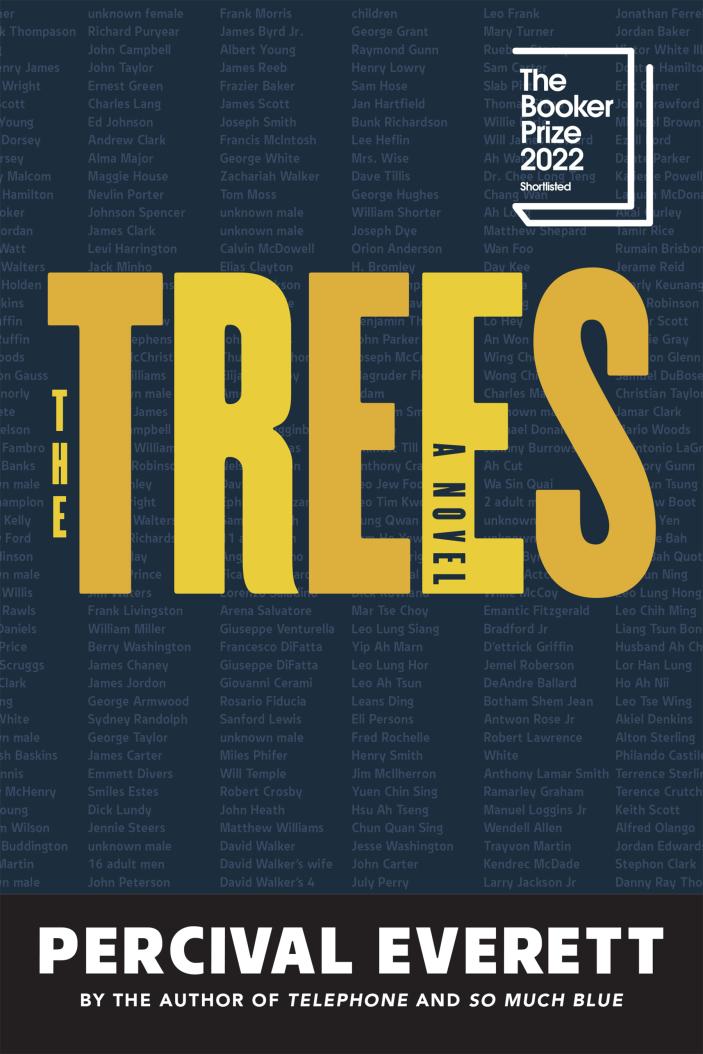
WHAT I READ MATTERS
I mean this title sentence every which way you can read it.
I'm guessing most people will receive it with a glib, "Of course, what you read matters; it influences what you believe."
But I mean this sentence much more expansively: What I read, the physical form of it, really matters. As does reading it (as opposed to listening to somebody else read a text). I care who may have owned or touched the book before me, and any history I may know attached to the book affects my reading experience.
I spent this week reading a 75-cent, paperback of The Travels of Jaimie McPheeters, Robert Lewis Taylor's Pulitzer Prize-winning 1959 novel about a 14-year-old relentlessly smart-alecky (and sometimes very funny) boy's picaresque adventures during 1849, following his pipe-dreaming gambling doctor father across the country to find gold in California.
If I were reading Jaimie McPheeters as an ebook, I might have abandoned it at the first mention of "darkies" because I just don't have the stomach for this in 2021. If I were reading a shiny new edition paperback, same thing. Yes, the writing is good, I might have reasoned, but why subject myself to casual racism and so many words? The book is of a bygone era and style.
But I'm reading the cracked brown pages turned and read by my father on his suburban commute to and from his job in New York City in 1960. I know this because I found his train ticket stub, used as a book mark, on the last page, and I know he loved this book because he once told me he did. Probably that's why I grabbed it from my mother's last house several years after my father's own pipe dreams and addictions imploded and he stuck a gun in his mouth. And it's why the book has stayed on the top shelf in my apartment since 1973.
I'd been eying it for months while I did my aerobic workouts. The spine drew me. I even got up on a ladder a few months ago to see what it was and when I saw, I remembered Dad's smile and joy when he said it was a really good book. I'll read that, I thought.
And it took until this week, months after the first beckoning, for me to pull it down and wipe off the dust bunnies.
When I lie on my couch and read this book, I know I'm touching something my father thought was good. I know that when he read this he was the sane, loving man who loved to read and loved the fact that I loved reading too, even though we had almost nothing else in common. Read More
